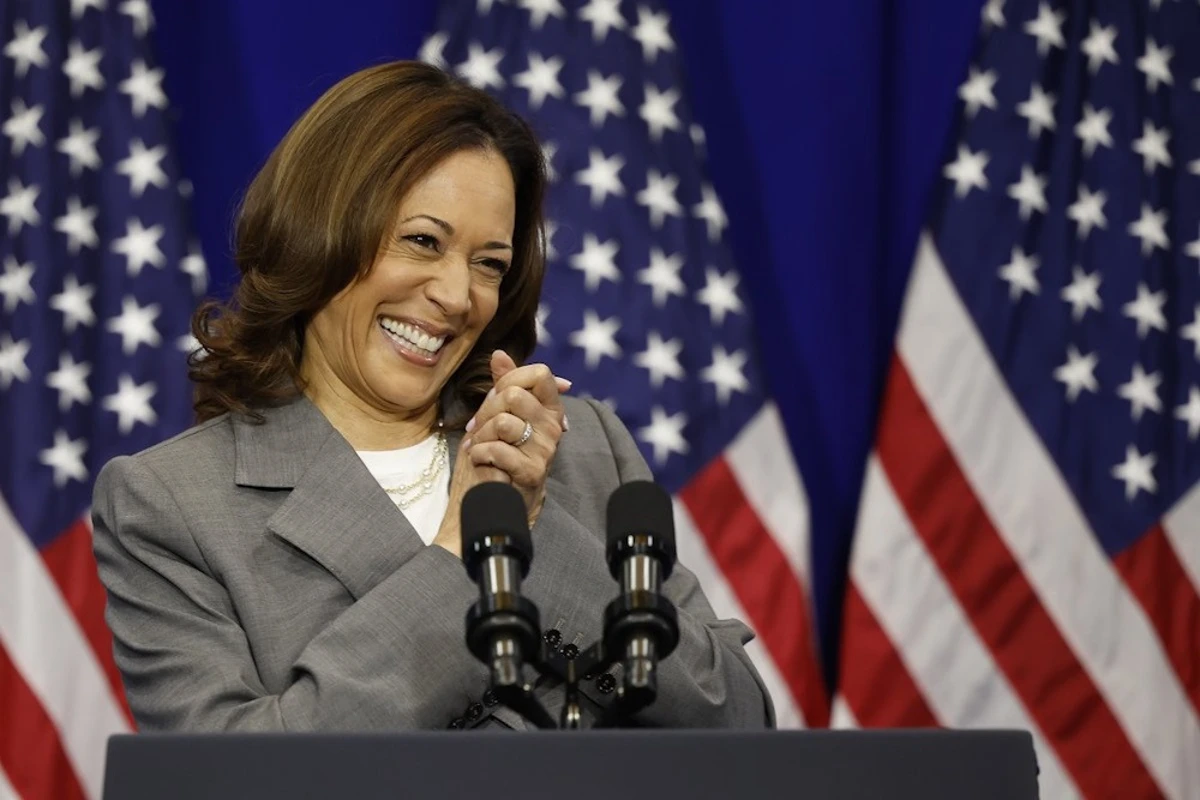
DNC policy will see Kamala Harris supporting pro-crypto initiatives to enhance the market and boost the emerging technology sector, as noted by a campaign aide. This shift follows significant backlash due to the DNC’s exclusion of cryptocurrency from its platform and the Biden administration’s stringent approach toward the industry. As crypto continues to attract mainstream interest, especially with the upcoming United States Presidential elections, Harris’s backing of pro-crypto policies signals a potential shift in the party’s stance. By advocating for favorable regulations and support for digital currencies, the DNC policy aims to align with the growing demands of voters who recognize the importance of the cryptocurrency sector. This move may help bridge the gap between traditional political views and the innovative potential of digital assets, highlighting the need for a more inclusive approach in future policies. Harris’s efforts could ultimately reshape the DNC’s relationship with the crypto community.
Kamala Harris To Support Crypto
DNC policy will see Kamala Harris advocating for pro-crypto initiatives that aim to grow the industry and support emerging technologies. According to Bloomberg, Brian Nelson, a senior campaign adviser, highlighted during the Democratic National Convention that Harris is committed to addressing the needs of the crypto community. He noted, “Obviously, they’ve expressed that one of the things they need are stable rules, rules of the road.”
A key focus for crypto stakeholders is a significant change in rule-making processes and the elimination of bottleneck policies that deter investment and drive innovation to jurisdictions with clearer regulations. Market watchers point out that the numerous lawsuits initiated by the Securities and Exchange Commission (SEC) and other regulators have made the existing landscape increasingly challenging for innovation.
Supporters remain hopeful due to Harris’s positive remarks indicating a willingness to reduce regulatory burdens. She emphasized the need to “…focus on cutting needless bureaucracy and unnecessary regulatory red tape while protecting consumers and creating a stable business environment with consistent and transparent rules of the road.”
This commitment to change comes in response to the backlash surrounding DNC policy decisions that excluded cryptocurrency from its platform, in stark contrast to major rival Donald Trump and his controversial tax plan. By prioritizing pro-crypto policies, Harris aims to align the Democratic National Committee with the rapidly evolving landscape of digital currencies, potentially helping the party reconnect with a younger, tech-savvy electorate. The ongoing discussions surrounding DNC policy could lead to a more favorable environment for cryptocurrencies, thus fostering innovation and investment in the sector while addressing the concerns of industry stakeholders.

Market Momentum Surges
Ahead of the elections, candidates have adopted a pro-market stance, actively courting crypto voters with a range of promises. While Kamala Harris’s approach has been more reserved, Donald Trump has openly supported the sector by advocating for pro-regulation measures to foster innovation. Consequently, many industry executives have rallied behind the former President, although Harris’s supporters are working to gain traction within the market.
In the current political landscape, DNC policy has faced scrutiny for its lack of a clear stance on cryptocurrency, which has led to concerns among crypto advocates. The absence of specific proposals from Harris has created a gap that Trump has capitalized on, highlighting the importance of regulatory clarity for the growth of the crypto industry.
This year also witnessed significant advancements for crypto in Congress, as various digital asset bills garnered differing levels of bipartisan support. These legislative efforts reflect a growing recognition of the importance of cryptocurrencies in the economy. Furthermore, industry leaders have made substantial contributions to Super PACs backing pro-crypto candidates in the upcoming elections. This financial support illustrates the commitment of crypto advocates to influence the political landscape and ensure that DNC policy aligns with the interests of the industry.
The evolving dynamics of the political landscape indicate a pivotal moment for the cryptocurrency sector as it seeks to establish a more favorable regulatory environment. As the elections draw near, candidates’ approaches toward DNC policy will likely shape the future of the crypto market, determining how the industry is perceived and regulated in the years to come. The race to win the support of crypto voters has become increasingly competitive, emphasizing the significance of clear and supportive policies that can promote innovation and growth within this rapidly changing sector.



